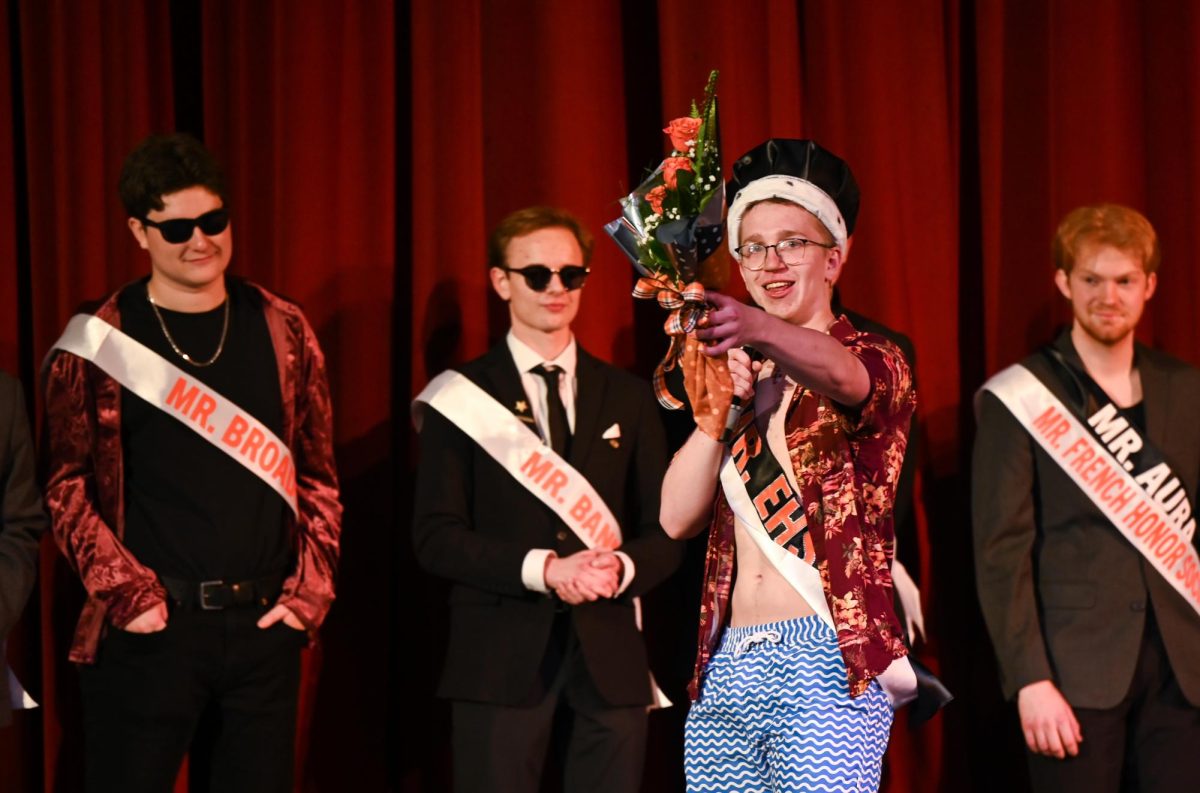Even in Prison, You Have the Right to Live as Yourself
January 13, 2023
Imagine having to be in a place where you are constantly reminded that people don’t except the gender you identify as.
Christina Lusk, 57, has been in Moose Lake facility, a men’s prison in Minnesota, for three years.
In an interview from NPR News, conducted by Jacelyn Diaz and titled “Minnesota recognizes she’s a woman. She’s locked in a men’s prison anyway,” Diaz said Lusk was arrested for drug possession, right before her gender confirmation surgery. She asked to be transferred to a women’s facility, but she was told no.
In the interview, she talks about how she was sexually harassed and assaulted by the men in her cell. She also talks about her suicide attempt and how she never reported them until later in her sentence, in fear that the officers wouldn’t believe her.
Eventually, she was moved to a private cell, yet she said she still faced “harassment and discrimination” from both officers and inmates.
An advocacy group called Gender Justice agreed to file a lawsuit on her behalf against the Minnesota Department of Corrections. Lusk specifically wants the judge to rule that the “Minnesota Department of Corrections denying her gender affirming surgery is unconstitutional.” No further updates have been made regarding her case.
Lusk is only one example of this injustice towards transgender people. According to Vulture news, on Nov. 7, 2022, influencer Nikita Dragun was arrested for “felony battery on a police officer, misdemeanor, disorderly conduct and misdemeanor battery.” A video from her bond court proceeding, which eventually went viral, showed Dragun begging to be moved from the men’s unit she was in to a women’s unit.
Prison is already a harsh and uncomfortable environment to begin with. Transgender inmates shouldn’t have to be concerned about the extra risk of being assaulted just because of the way they identify or express themselves.
On top of the harassment, these people are constantly being reminded of their biological gender, something that could possibly cause gender dysphoria. According to Dictionary.com, gender dysphoria is “the condition of feeling one’s emotional and psychological identity to be at a variance with one’s birth sex.”
Thinking about the harassment, gender dysphoria, and maybe even the shock of being in prison, can take a huge mental toll on these inmates. In Diaz’s interview with Lusk, she mentions that studies show transgender prisoners face “a higher level” of discrimination and mental health issues.
In Lusk’s and Dragun’s case, legally, they are both women. Why don’t the corrections departments take that into consideration?
No matter what crime a prisoner has committed, they deserve to be in a prison with the gender they identify as and feel the most comfortable with.











